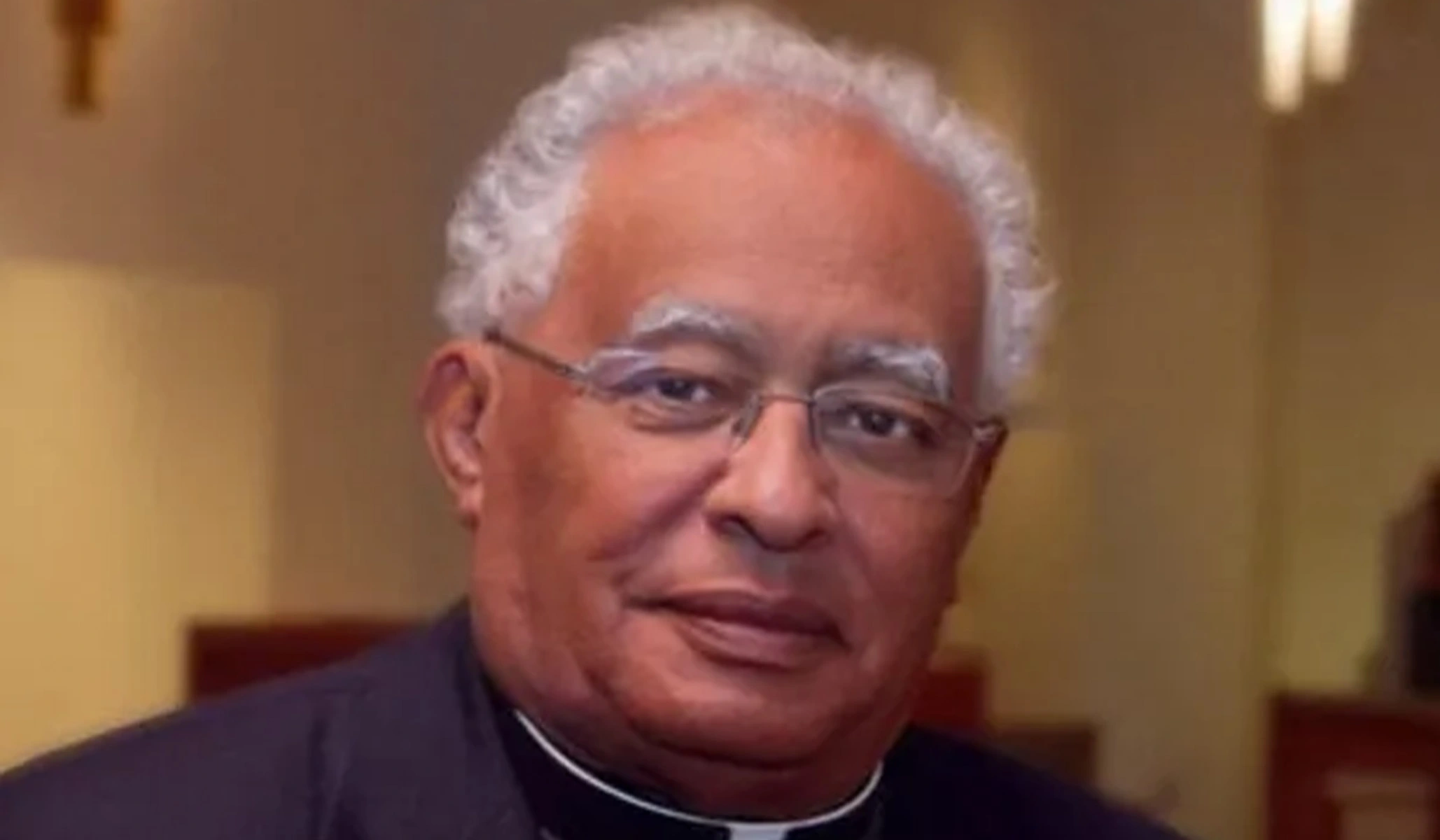Bishop Macram Gassis, who passed away at the age of 84, was a remarkable hero who dedicated his life to realizing his vision of a modern, Christian civilization in Sudan, even in the most inhospitable of circumstances. He led the Diocese of El Obeid, which covered a war-torn area three times the size of Italy, including Sudan’s Nuba Mountains and part of its south. Despite the genocidal repression by an Islamist military dictatorship that targeted the region and put his life at risk many times, Bishop Macram worked tirelessly to create a civil society that provided education, healthcare, and respect for all, regardless of religion, gender, or age.
As a pastor, Bishop Macram baptized, confirmed, and ordained hundreds of Catholics, blessed their marriages, and prayed for their dead. He recruited priests and nuns to help him preach the gospel and carry out good works, despite the dangers. He also persuaded architects, accountants, and health professionals to join him, traveling throughout the West to beg for aid. His efforts resulted in the creation of churches, schools, hospitals, maternity and health clinics, teacher-training centers, hundreds of bore wells for clean water, and rectories and convents.
One of Bishop Macram’s most significant achievements was the Mother of Mercy Hospital in the remote Nuba Mountains, which he launched in the early 2000s while recovering from cancer. It is the only modern hospital for hundreds of miles, serving a population of over a million. He hired Tom Catena, an American physician, to run the hospital, and Dr. Catena is still there, now assisted by dozens of registered nurses and pharmacists and the first team of qualified Nuban physician assistants.
Bishop Macram also raised his voice against the violent attacks by the former government, protesting following eleven bombings targeting the hospital over two days. He was one of the few church leaders to speak out against ongoing atrocities against religious freedom in the region and to warn against the growing threat of Islamist terror.
Despite the extreme persecution faced by his flock, Bishop Macram encouraged them to hold their heads high, reminding them that they too are loved as children of God. He preached to Westerners that his people are not mendicants, but rather their witness to the faith in the face of extreme persecution is a lesson of deep spiritual devotion for the Western church.
Bishop Macram’s courage stemmed from his faith, and he devoted his life to God and his church. He served as a bridge between East and West, at home and among friends in both places. His legacy will be greatly missed.

